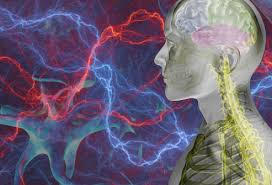Sensation Is Information: How Athletes Can Learn From Pain
For athletes, especially in distance sports such as running and swimming, dealing with pain and discomfort comes with the territory. It’s not if pain and discomfort will surface, but when and how often. Putting the body under so much distress for miles and miles will certainly test the body and is part of the mental and physical preparation for these athletes.
But at what point do athletes decide to tough it out through the pain or surrender to avoid further discomfort? It’s a fine line that athletes must walk and requires mental fortitude.


